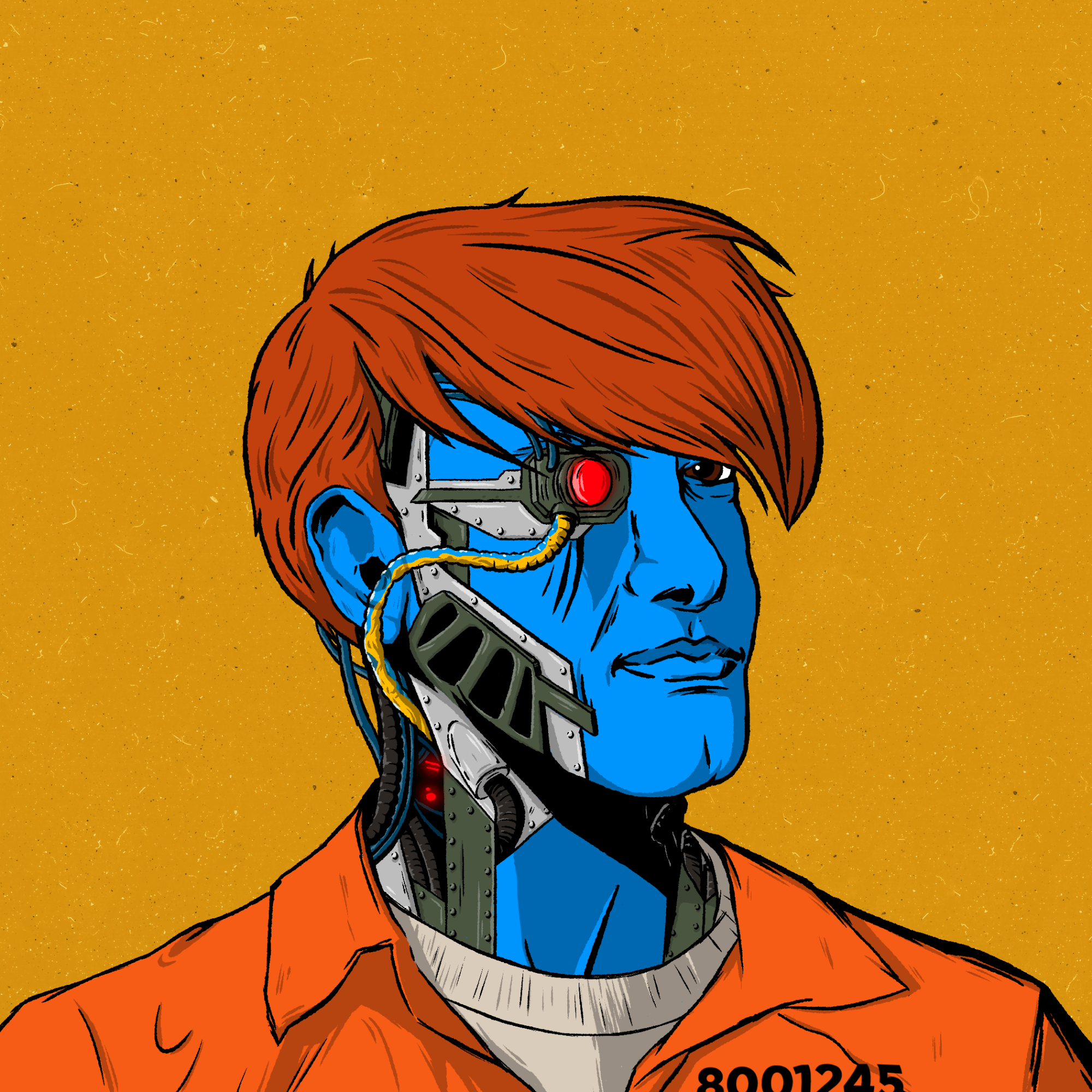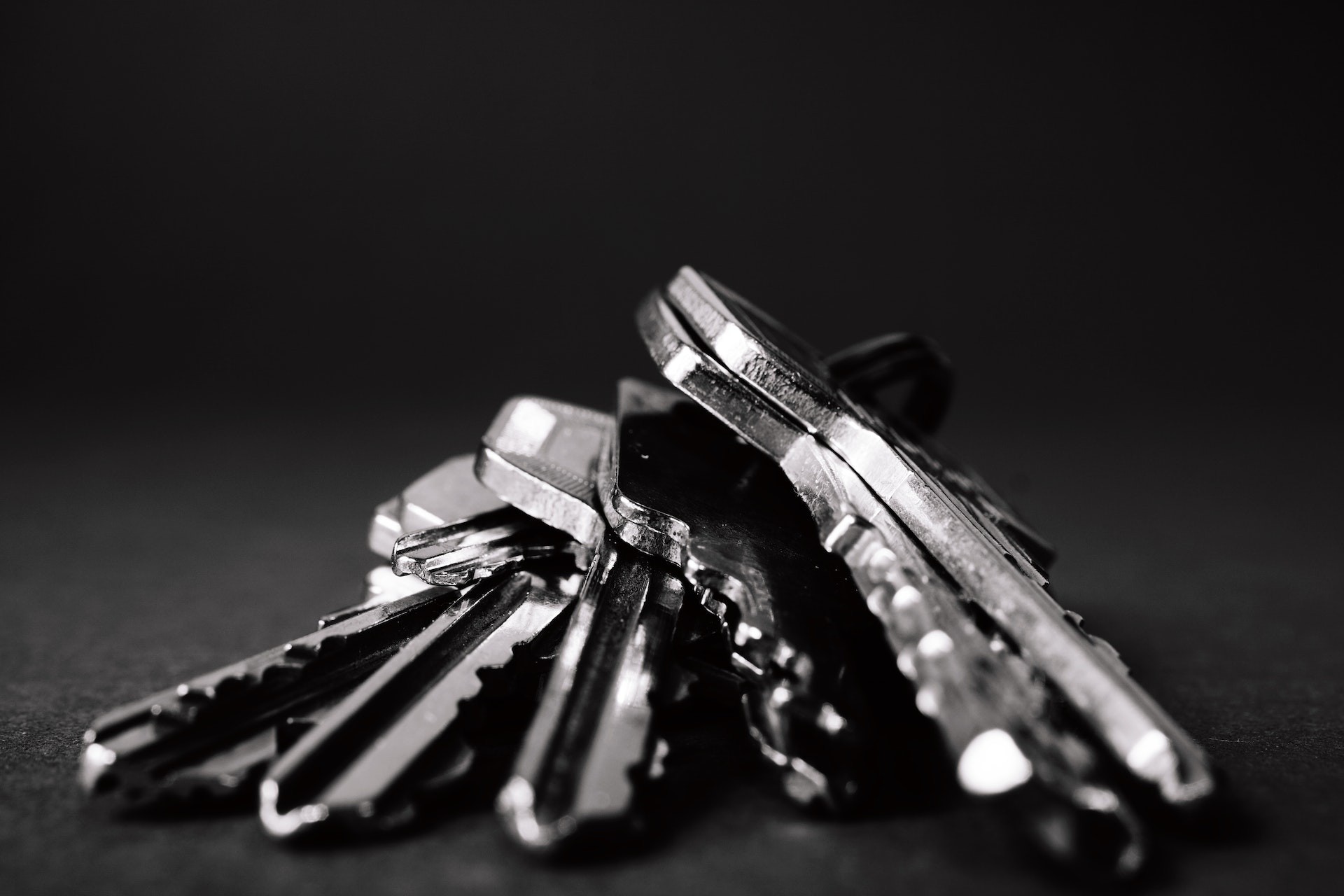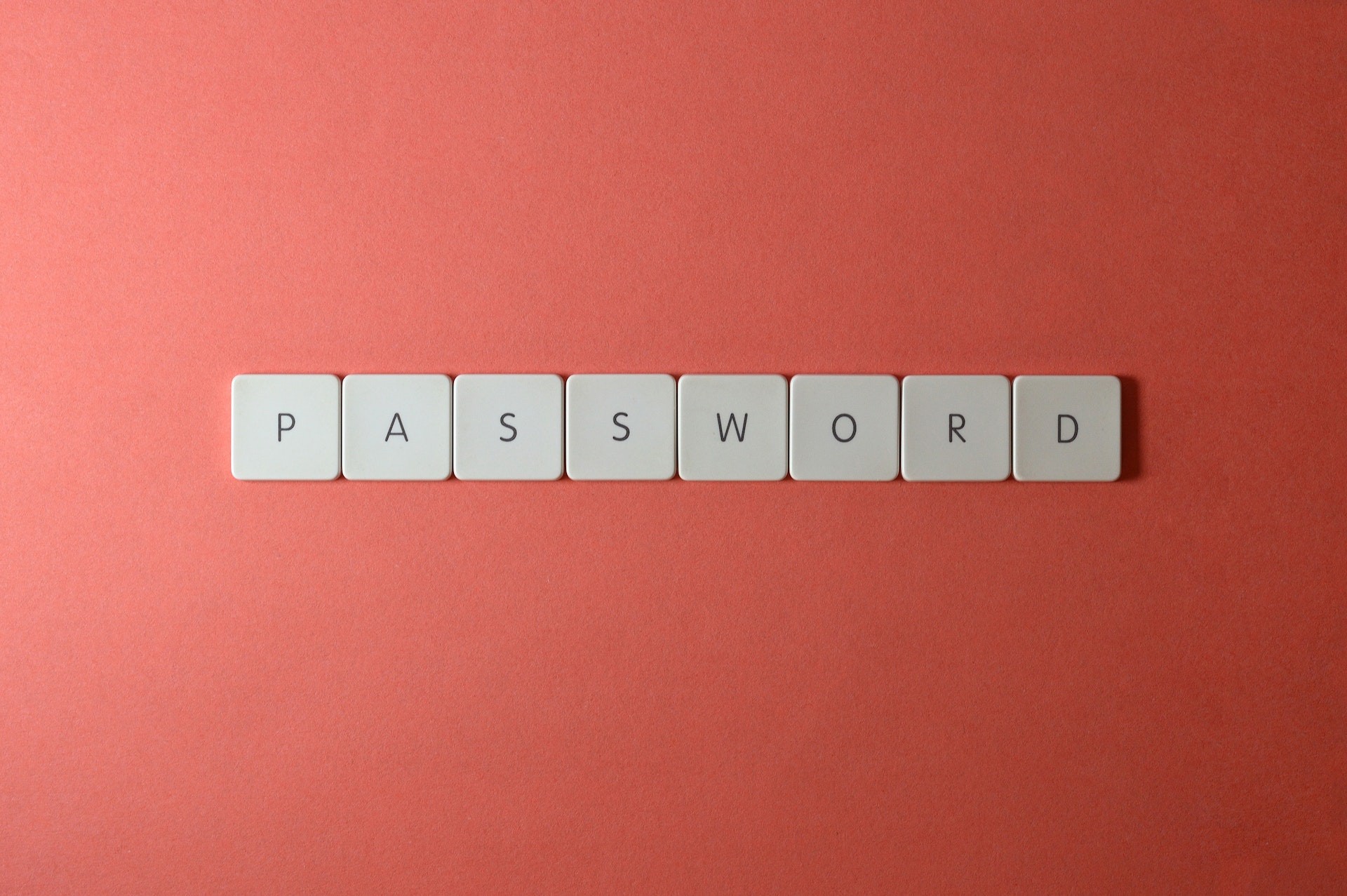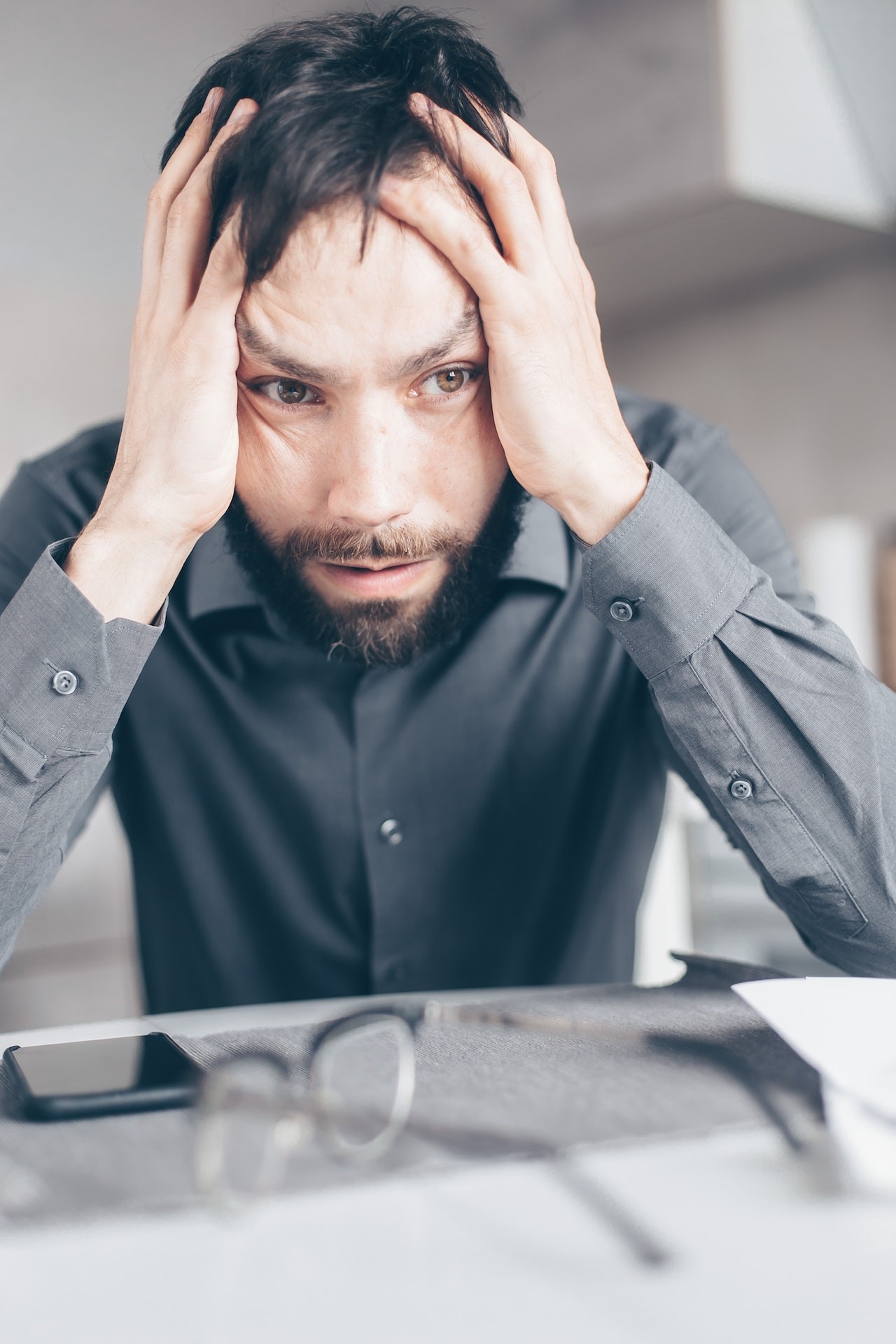
Oct 18•6 min read
How is Crypto Secure? What is crypto security?

In this article I'll go over how crypto is secure and what defines crypto security for a blockchain and a user.
What really is crypto or cryptocurrency?
Let's put some definition to it.
Please note this article refers to encryption and prevention of hacking, not securities and trading.
Links in this article may lead to affiliate/referral commissions if you make any purchases. Although I recommend products, I encourage you to please read and invest responsibly!
We can define cryptocurrency as a form of currency that exists virtually or digitally and uses cryptography for secure transactions; or simply crypto.
Another way to look at this practically is that it's a digital payment system that validates transactions without depending upon the banks.
It makes it easy for everyone to send and receive payments using a peer-to-peer system.
Communication security, one of the cores of blockchain, deals with securing transactions and protects the encryption system from decryption, interception, tampering, enemy discovery, etc.; loosely defined as crypto security.
What security does crypto use?
Crypto uses 256-bit SHA hash functions for security. Its security is on the same level as the military, banks, and other virtual private networks (VPNs) used to encrypt their systems. These functions provide unique fingerprints for secure transactions which cannot be reconstructed.
Securing blockchain transactions is the process of providing consensus on validated transactions and the attachment of new blocks. Other crypto/cryptocurrencies will have unique methods, some untested in the market, that may set them apart from their competition.
Securing each blockchain is a topic well worth going into separately with topics like different "Proof-of-", merged mining and general attack vectors that are faced by blockchains.
Bitcoin and Blockchain
Bitcoin, the founding blockchain based cryptocurrency we all know and love, can be bought, sold, or exchanged without involving banks.
Blockchain depends upon peer-to-peer networks to establish a level of networking that keeps your assets your own.
Blockchain records and validates transactions rather than any official authority. The principles of bank runs and falls are directly addressed through Bitcoin, or general blockchain, through transparency of settlement, and security of transactions; all without a third party or institution.
Bitcoin is safe
It uses secure cryptography, is public and decentralized, and doesn't require permission.
What does that translate to?
For someone to hack blockchain, it requires about 51% of bitcoin mining capabilities, which makes it extremely difficult to hack.
The rate at which mining hashrate, miner development and purchase orders of miners is increasing makes it virtually impossible that a bad actor can secure enough miners to attack the network.
And what does this attacker get when they've successfully spent their fortune on mining equipment, management and the works?
What they get for their trouble, is all of their Bitcoin becomes worthless through a fork, or they simply get outed as one of the world's biggest jerk moves and the community retaliates.
How to keep your cryptocurrency safe

What can you do?
This is a topic that deserves an entire book to root out all the heinous ways your crypto is unsafe. Truly.
Check out this article, detailing how easy it is for the RTX 4090 to crack passwords. They note that the 4090 works at double the performance on almost all algorithms. This should scare anyone with low quality passwords, money on centralized exchanges, or poorly kept passwords/security measures. Essentially most early crypto users.
To get into how to keep your crypto safe, let's first talk about common ways people lose their crypto assets. This is for real.
Passwords can be lost

Crypto is often stored in crypto wallets, a personal wallet generated with a passsword/seed phrase, and if you fail to remember your password, you will be in great trouble.
You will not get your money back.
Many people lose their money because they forget their passwords. While their are a plethora of solutions to this, such as simply making multiple copies of your password and know the location of it instead of a lengthy set of words.
While it may be fine to keep your crypto outside of personal wallets, it is generally not recommended in most scenarios.
Invest your money more safely with a Roth IRA. ITrustCapital has great Roth IRA options that allow easy investment in precious metals and crypto. They even allow staking and various other alternative investments you should definitely check out!
Make sure to keep your passwords strong and in a safe place, and to transfer your crypto to a secure cold storage/personal seed wallet you trust, and off centralized exchanges that can hold your assets.
Sign up to Coinbase with my link for a free $10 when you deposit funds and start trading!
And remember, not your keys, not your coins, crypto or Bitcoin.
Actually protect your privacy and cryptocurrency
One of the best ways to protect your cryptocurrency is to keep your long-term holdings in cold storage or a cold wallet.
Never share your multifactor authentication (MFA) code when using a crypto exchange.
Never trust a person who claims to be customer support on social media.
There are many ways phishing attacks, fake personas or simply scams will get into the crypto user's space and it's always your job to stay vigilant and keep away from anything fishy.
Bitcoin isn't anonymous
Something that needs to be said when it comes to personal transaction histories and your security.
Blockchain transactions and records are stored as ledgers, readable on the blockchain when you make Bitcoin or other crypto transactions.
These ledgers are public. Anyone can access these leaders and can use it to find your personal transaction history, subsequently following your purchases/capital movement all the way to near identifying you.
Tracing your crypto transactions and your crypto wallet back to your real identity is something that happens often with just common human mistakes that a discerning eye can follow up on.
Conclusion
To keep this conclusion short I'll make this point my last.
By defining different attack vectors and dealing with them accordingly, we see most blockchains and crypto assets as secure.
But in the outliers, there is always a case to be made that Bitcoin would survive the longest. Main areas of concern that Bitcoin seems to address are mining hashrate consolidation in the event of a world changing catastrophe, the seemingly impossible nature of a 51% attack, and it being fundamentally decentralized in it's distribution and development.
